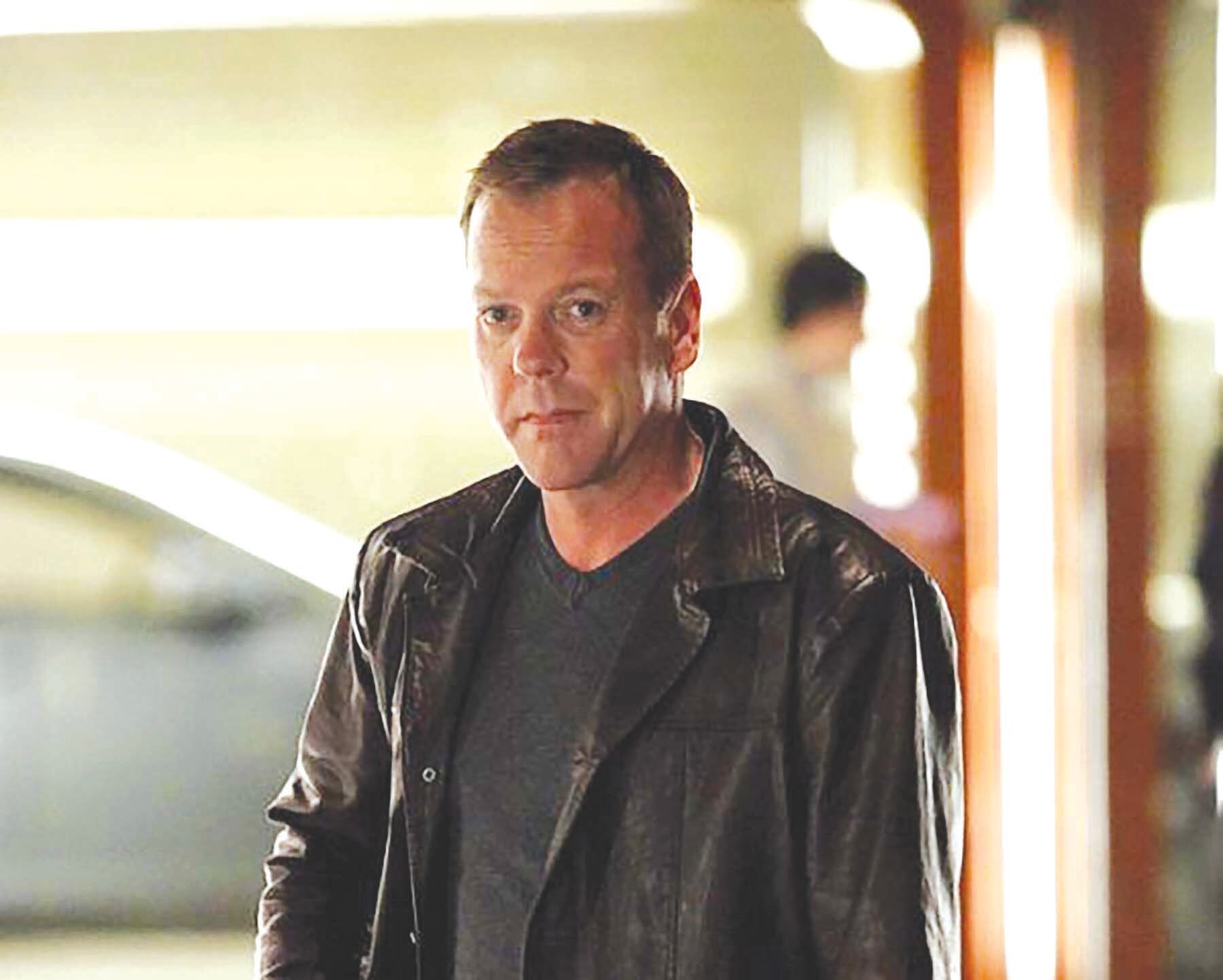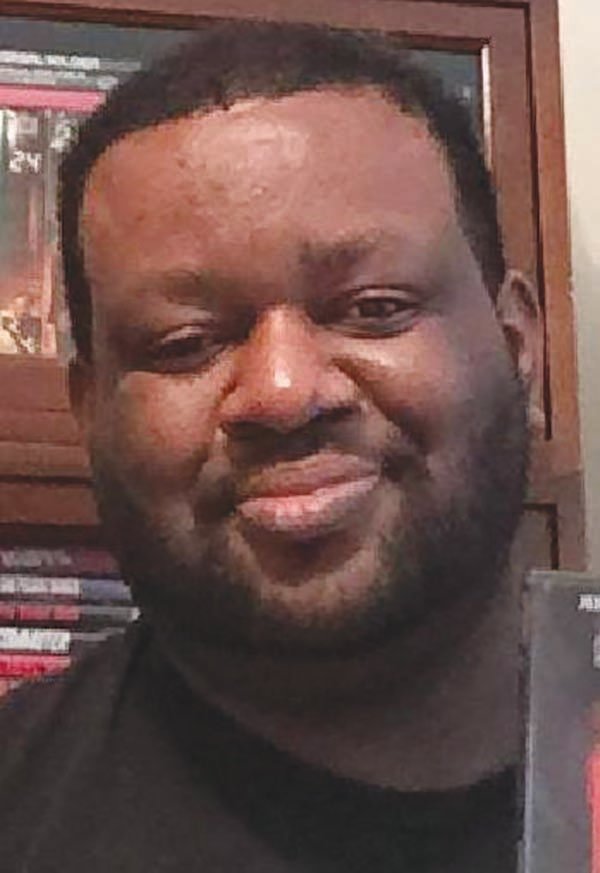'24' is landmark, brilliant series that transformed TV shows


Community contributor
Summer of 2010 was an interesting point of discovering the unique elements of the innovative television experience. For years, cinema has been the dominating force within our entertainment spectrum. What emerged from the innovative medium evolved from inventive minds involving directors, writers, producers and technological advances to continue its evolution in providing escapism.
It was not long until television became the "new cinema" for audiences watching from the comfort of their home. Prominent actors began appearing consistently in series, adding necessary star power in capturing the attention of viewers. It is interesting to note how certain shows found ways to conceptualize themes in a shorter amount of runtime whereas the cinematic medium had to gradually build up to specific revelations of intense excitement.
"24" was the first series I actively became emotionally engaged with during the summer of 2010. My earliest recollections of the show came more out of curiosity than actual interest quite honestly. I remember reading different discussions about revealing plot points, behind-the-scenes information and quotes from prominent characters. After arriving at the conclusion of whether to watch the series, I began my journey into the espionage world of government agencies, foreign adversaries, political and corporate corruption, terrorism and foreign disputes. The series' concept offered the experience of real-time presentation. It also brought about displaying split-screen viewings in four panels as a way of showing other revelations occurring at the same time.
Kiefer Sutherland portrays government agent Jack Bauer as part of the Counter Terrorist Unit. The character development of Jack explores his capability as a federal agent in the field, utilizing extreme methods to protect America. His approach in combating enemies both foreign and domestic brought debates about whether the use of torture is an acceptable and humane tool in extracting information. Bauer's 24-hour day as the events occurr in real time involves averting threats associated with political assassinations, nuclear holocaust threats, biochemical warfare, sleeper cell terrorist units embedded in government structures and political corruption with all the powers of the government creating high-stakes consequences.
Jack is not the only interesting character in these intense stories either. There is an assortment of allies, for example, Tony Almeida, Chloe O'Brian, Michelle Dessler, Bill Buchanan and myriad important political figures aiding him in his quest to bring stability to the country. Every season rides on the momentum of the next, revealing shocking betrayals, sinister motivations from surprise characters, unexpected tragedies and real-life implications that paint a relevant picture of the landscape in our era. I have always viewed Bauer as a tragic anti-hero despite the approach of his questionable tactics. Audiences see a man driven by the foundations of his patriotism with his line of work bringing tragedy into his existence. Each season is a deeper exploration into the emotional aspect of the viewer praying and hoping Jack finally receives a happy conclusion.
"24's" masterful quality is centered on the realistic depiction of intense, emotional, gripping acting and intricate, detailed dialogue between the respective characters, creating an urgent need to experience the next episode. For a small-screen presentation, its action sequences provide high-octane action showcasing the ability to grip the audience with powerful ease without releasing its grasp.
Viewers could examine themes within the "24" spectrum as elaborate, exciting depictions of conspiracy theories. I would even venture to agree with their assessments to a certain extent. I embrace stories that challenge my perception, allowing me to think outside of the box in terms of potential possibilities of art, painting a canvas of events, discussions or theories transforming the fabric of our reality. "24" succeeds at challenging the audience in questioning their moral compass, asking, "What would you do if said crisis happened in America?"
While I have enjoyed every season of this marvelous show with the sixth being the weakest, my personal favorites are the fifth, seventh and eighth seasons for their intense exploration within the "24" universe and its characters. The fifth season is the show at its absolute peak from beginning to end with no filler whatsoever. I still remember going on a binge session of the fifth season, completing it in two days. My emotional investment with the series was enthusiastic to the point of friends believing it was an obsession. I dedicated the entire summer of 2010 to watching every season of "24," including its television film titled "Redemption," which bridged the time gap between the sixth and seventh seasons, finding Jack working as a missionary in Africa.
Whenever a person asks for show recommendations, "24" is the show I always mention first. Kiefer Sutherland made the show special and realistic with his excellent acting and dedicated passion for nine seasons. My sincere hope is those who have not watched the series find their way into discovering its brilliance, even reaching out to me with their thoughts of its relentless and intense story structure. It is a landmark series that clearly innovated television by transforming it into a theater experience in a home setting.
More Articles to Read
